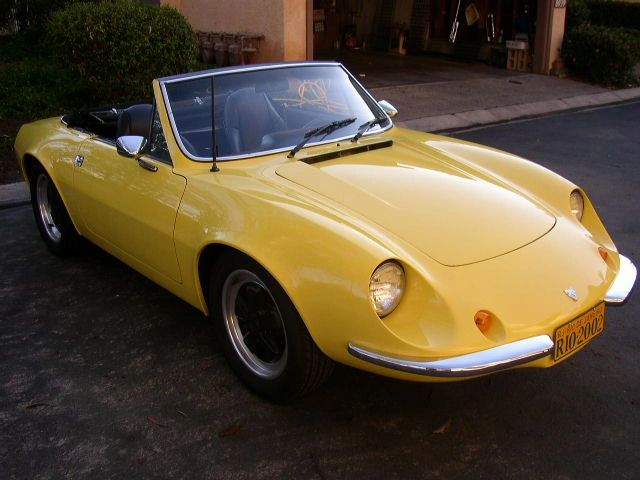Puma History
The Puma is a Volkswagen based specialty sports car built in Brazil. Strict Brazilian regulations which restricted imports to encourage domestic automobile production led to the development of the Puma and other specialty vehicles. Production began in 1964 using DKW components, with a switch to VW components in 1967. This necessitated a change from front engine, front wheel drive to rear engine, rear wheel drive. The first Pumas were built strictly for racing, but it was not long before they were being built for street use.
Pumas were sporadically imported to the U.S. during the 1970's and 1980's. Although the Puma was not designed as a kit car, the cars were imported in kit form. The "kit" was actually a complete car less the front suspension, transaxle, engine, wheels, and tires. The missing components were available from the distributor, or the buyer could supply the needed parts. Less restrictive regulations permitted the importation and marketing of complete cars in Canada. Pumas were also popular in South Africa, and an assembly plant was established there. Exports to Europe were limited to small numbers through a distributor in Switzerland. Puma built some front engine rear wheel drive models based on Brazilian Chevrolet components, but these were not exported.
Once the Brazilian market was opened to imports, the domestic market for the Puma declined significantly. The original Puma company went into receivership in the mid-1980's, and production ended for a time. Production of both the VW and Chevrolet based models resumed when the Araucaria company bought the machinery and tooling. After a short period, production was taken over by Alfa Metais. A few rear engine Pumas with water cooled VW engines were made during the final years of production, but sales of these were low. Over 22,000 Puma automobiles were produced over the life of the marque. Puma also produced a line of special bodied light trucks, which continued in production after Puma automobile production ended.

Puma GTS
Owner: Alan d'Escragnolle
Puma History has been provide courtesy of Bill Jackameit.
Click Here to see his Puma Page
Click Here to see his Puma Page